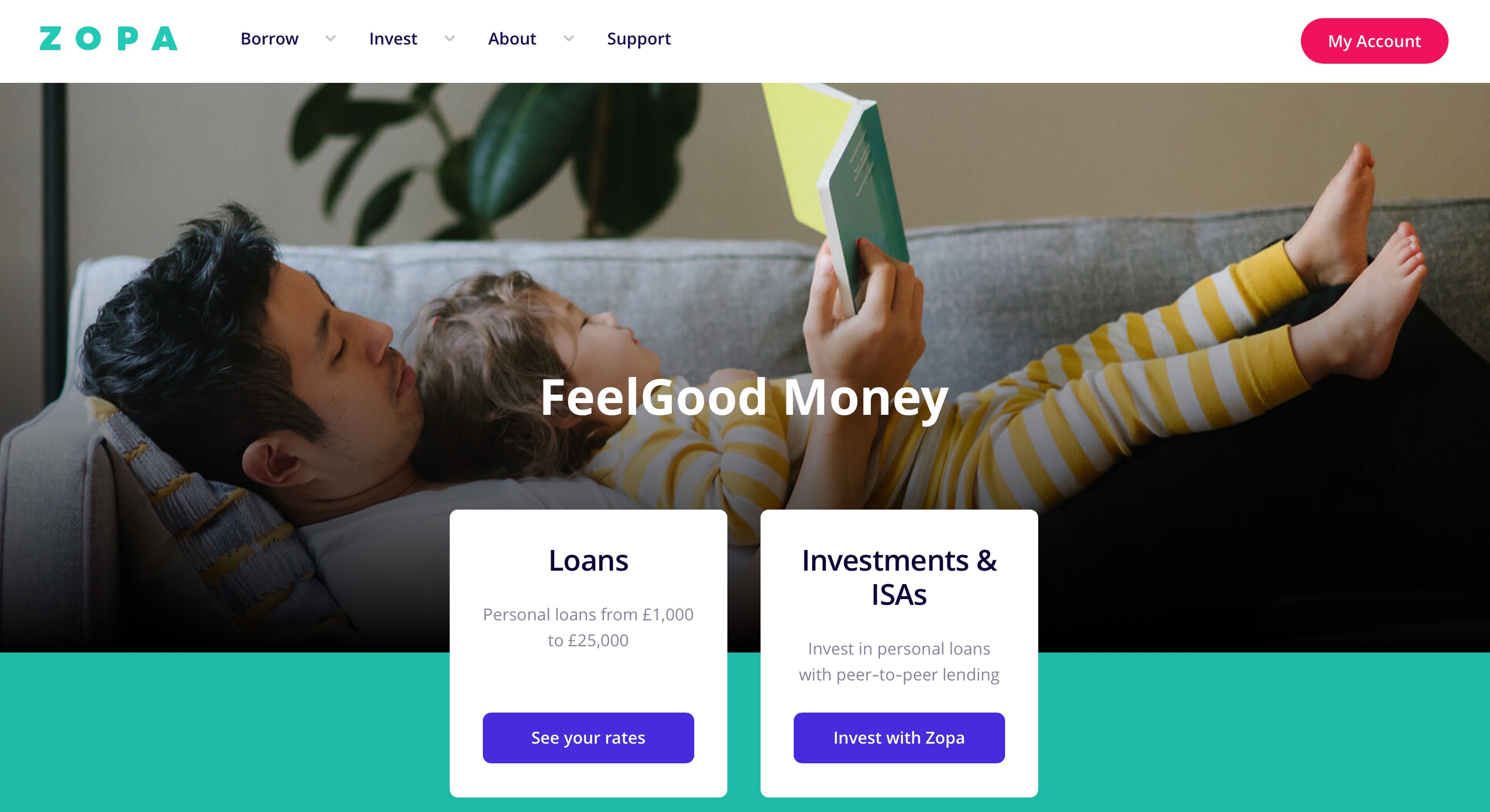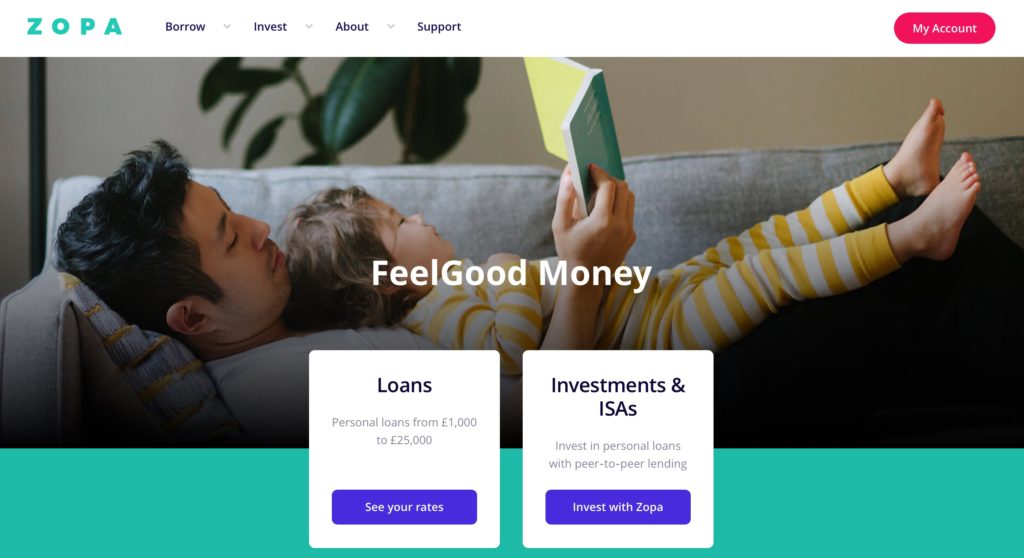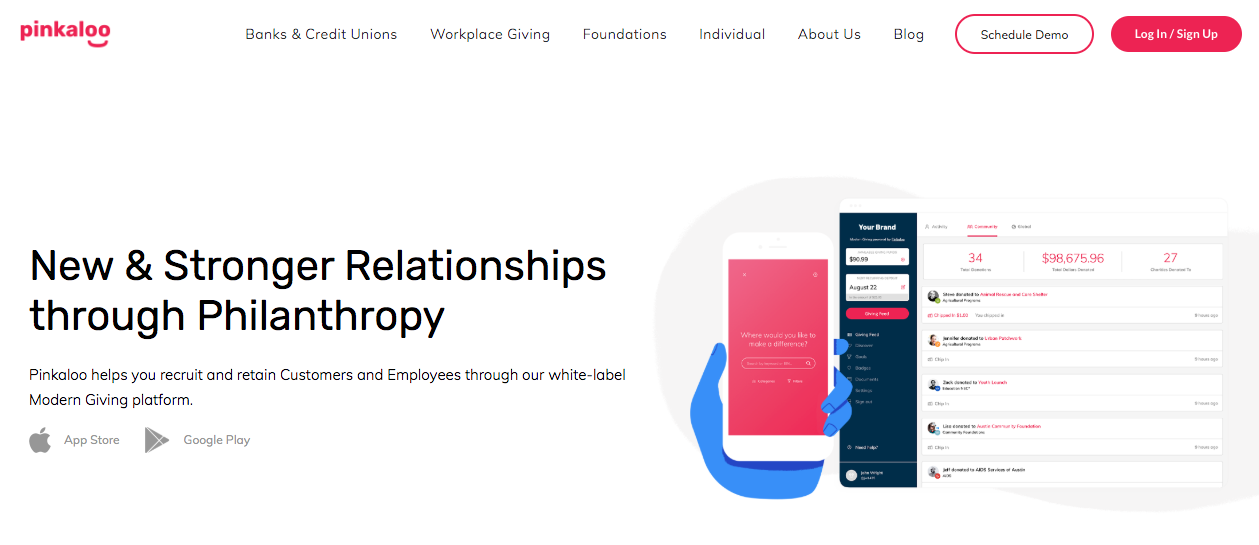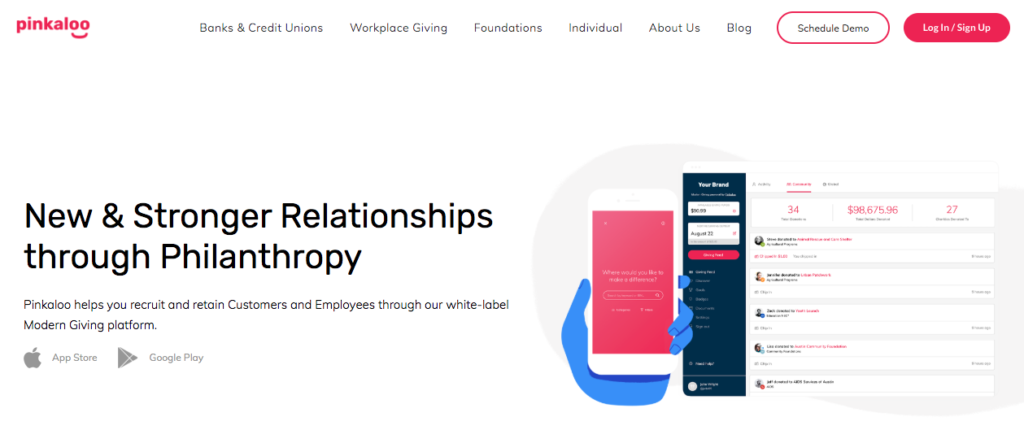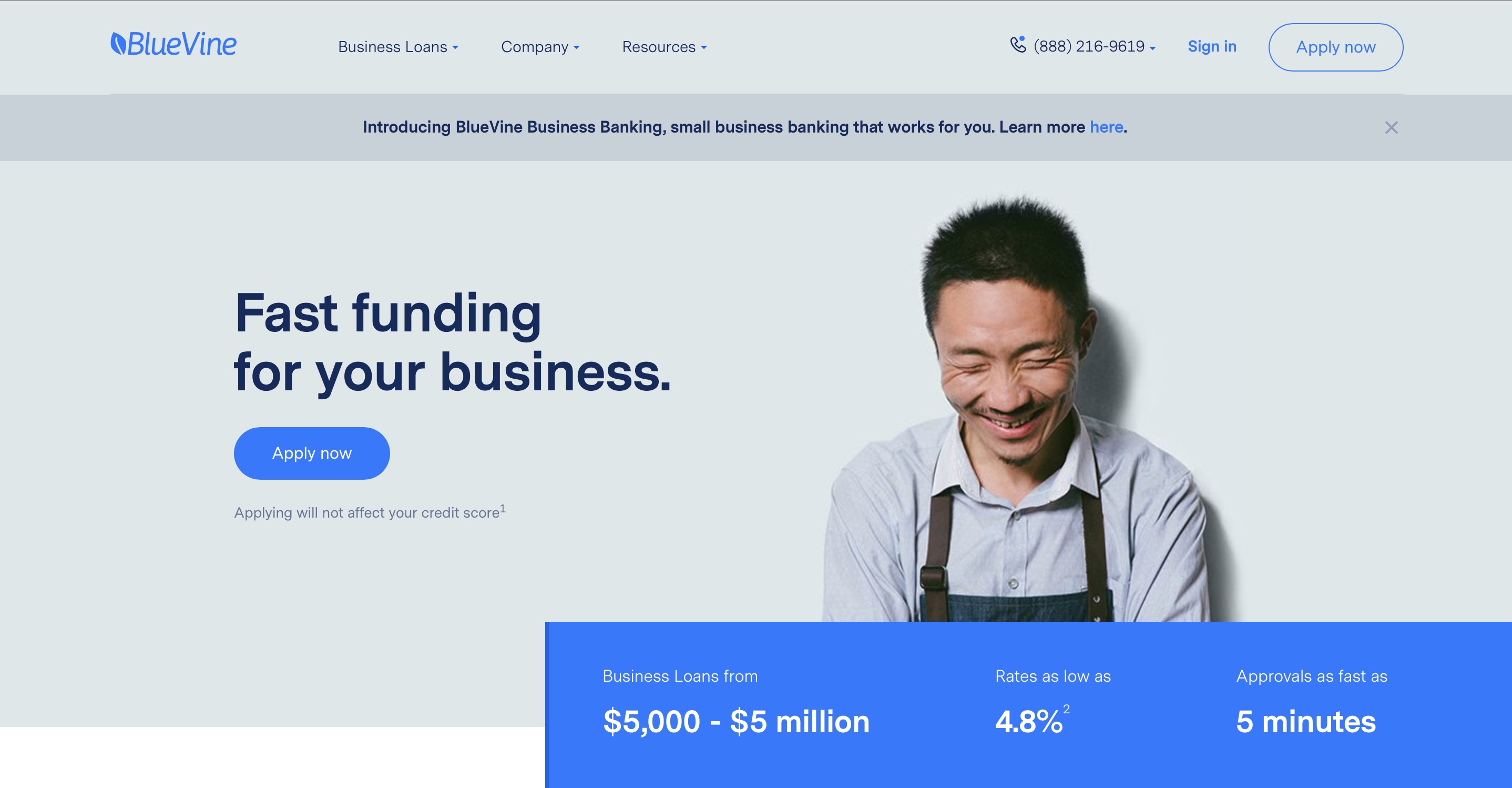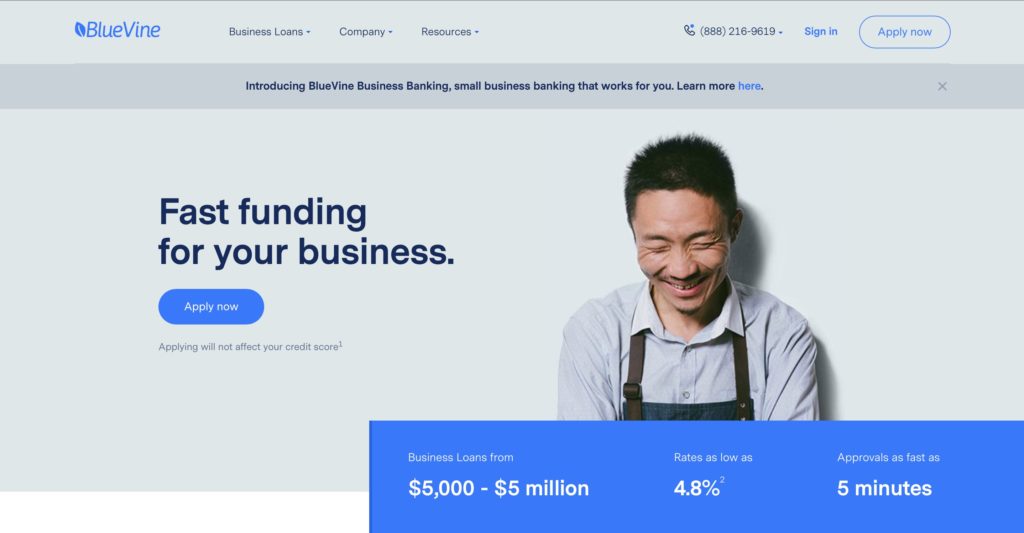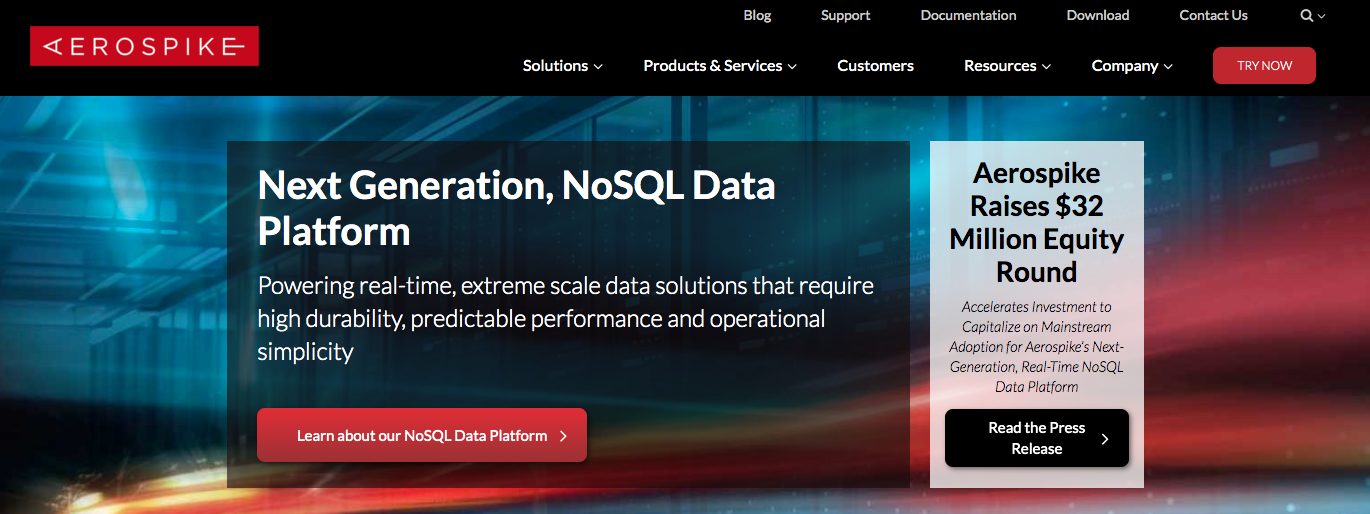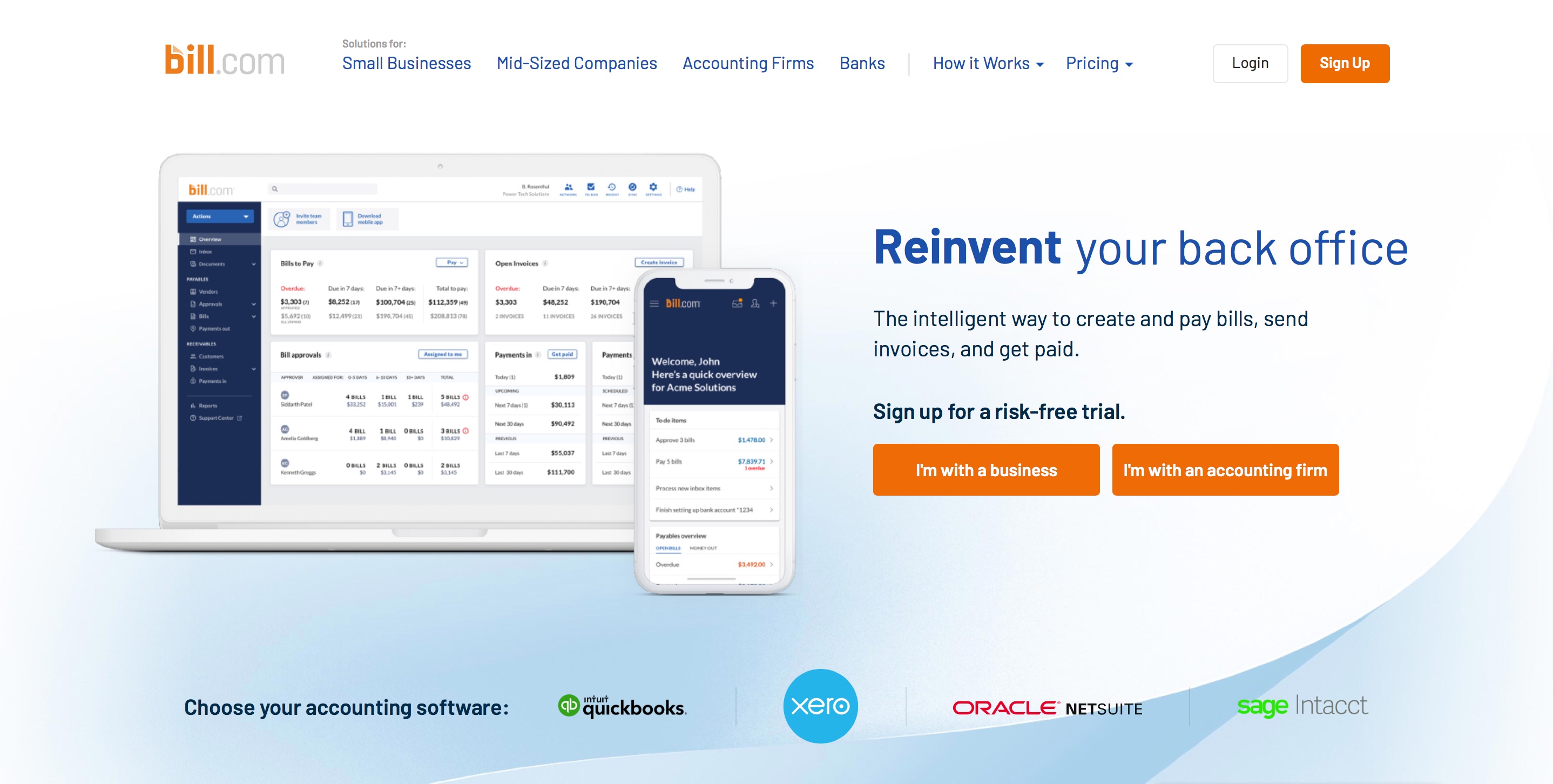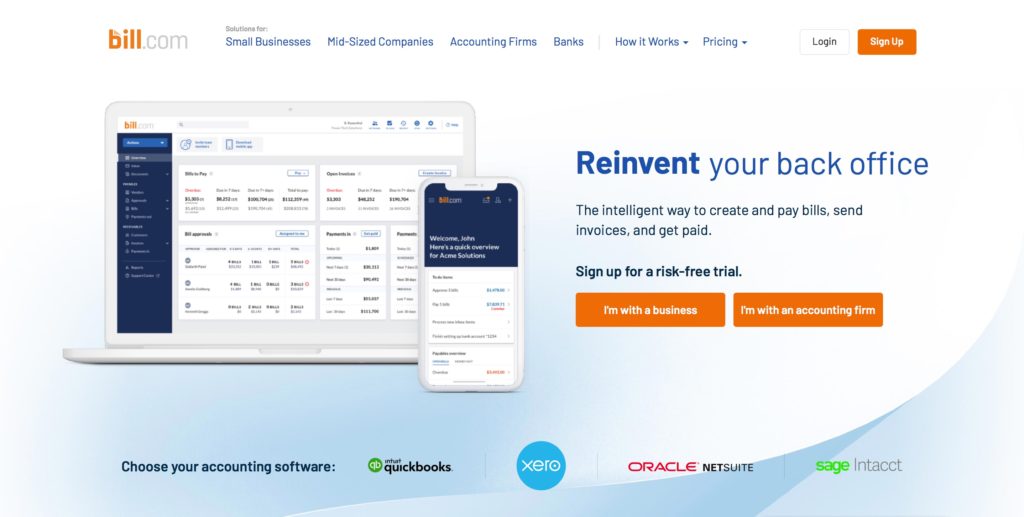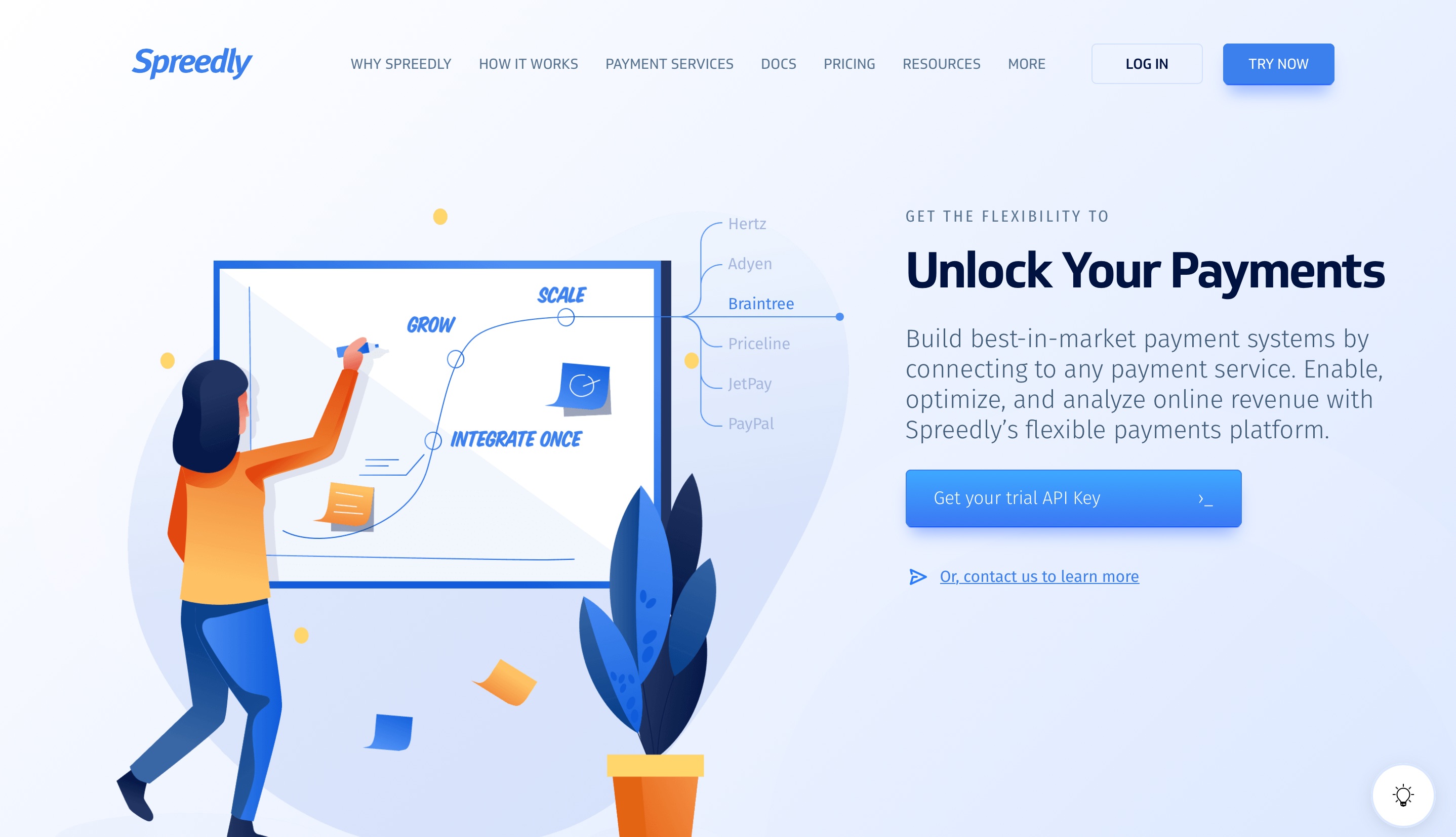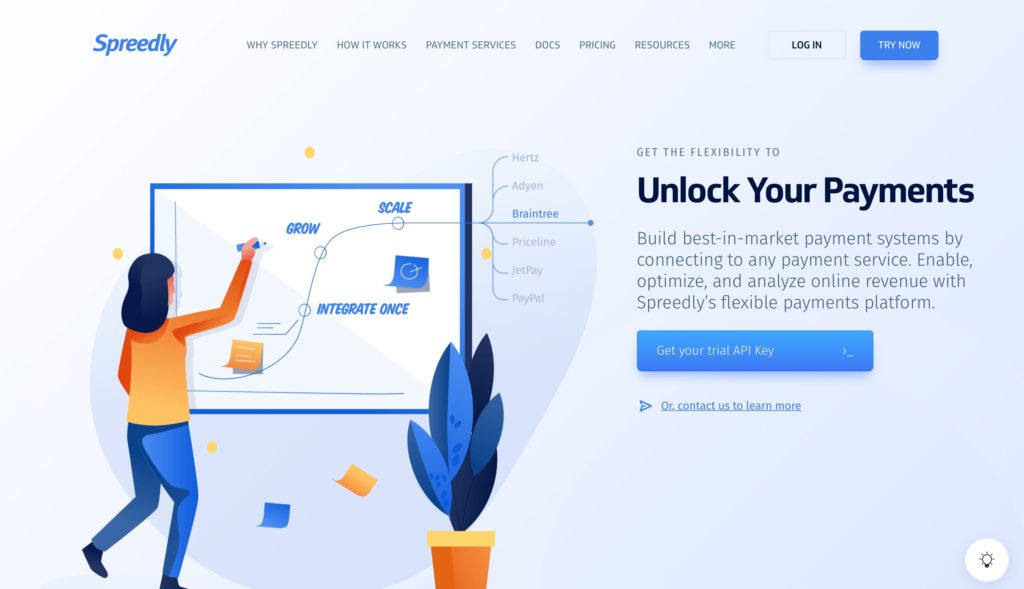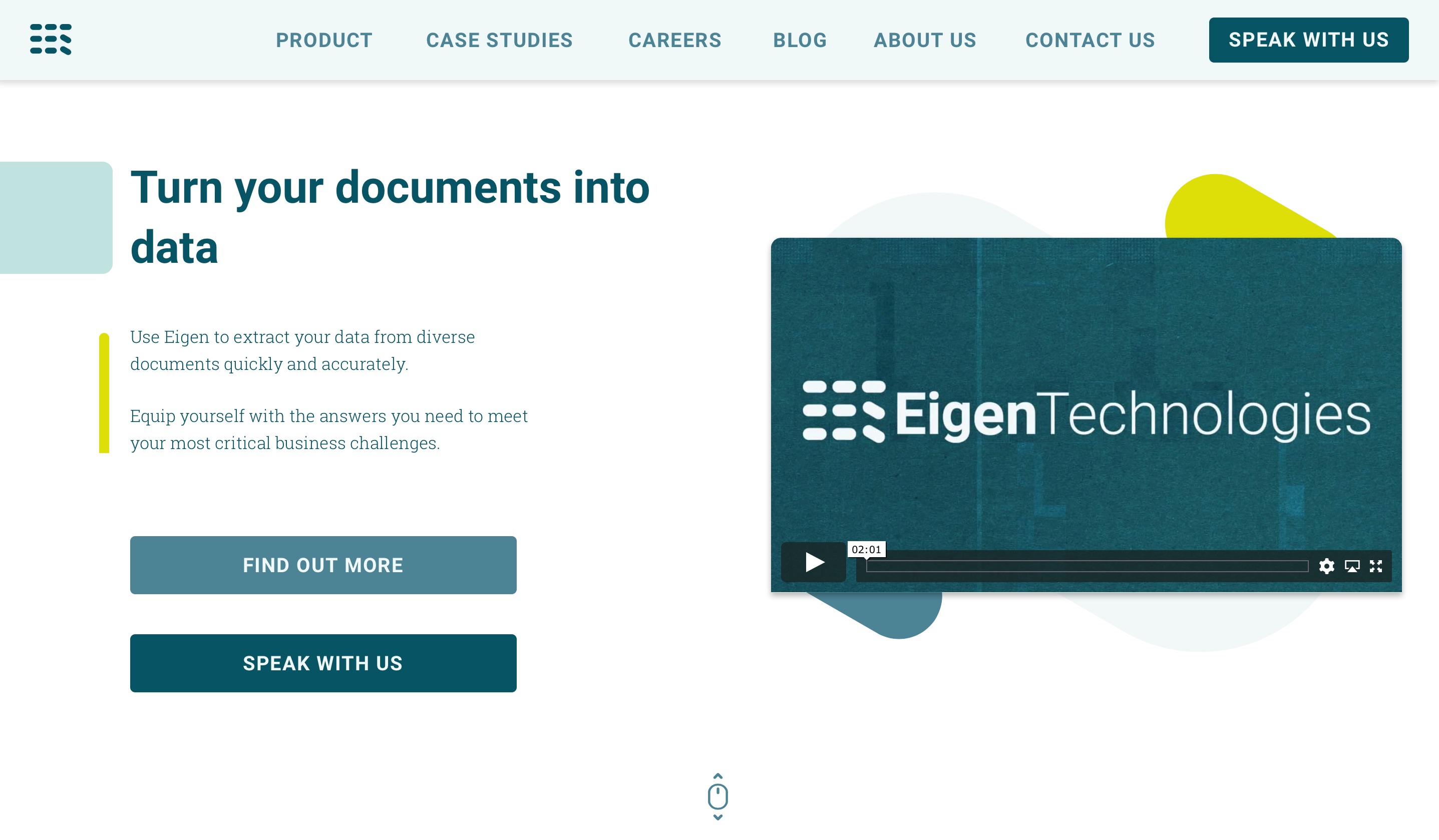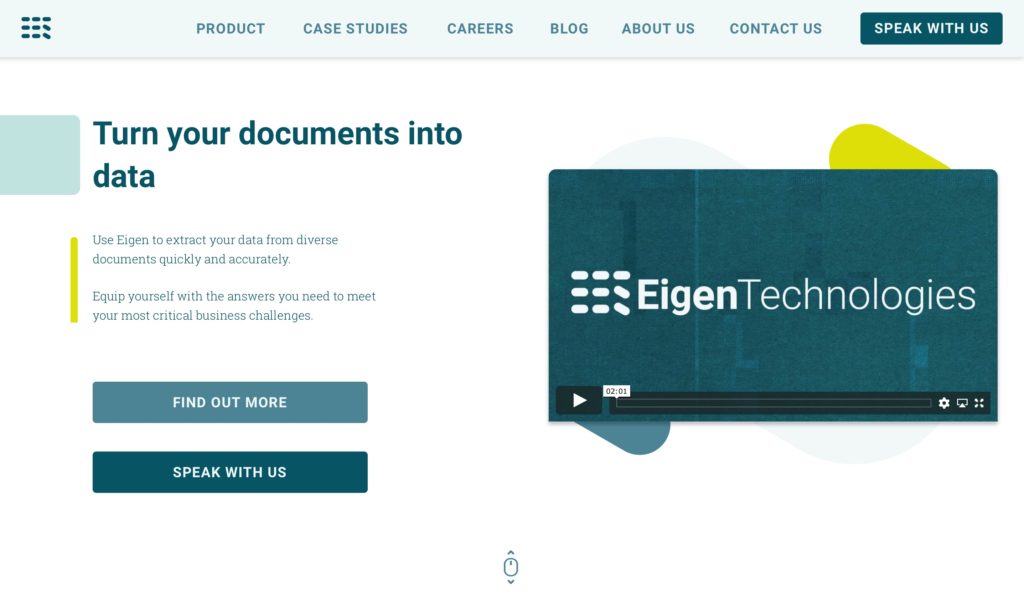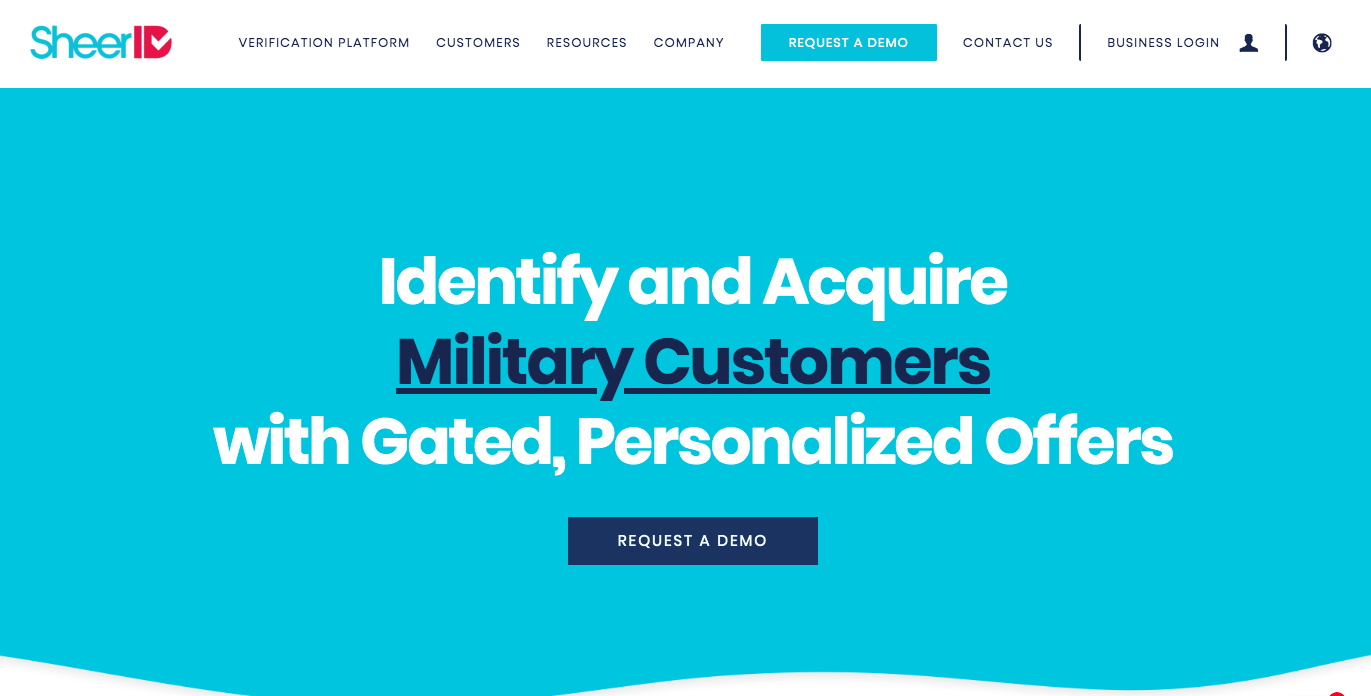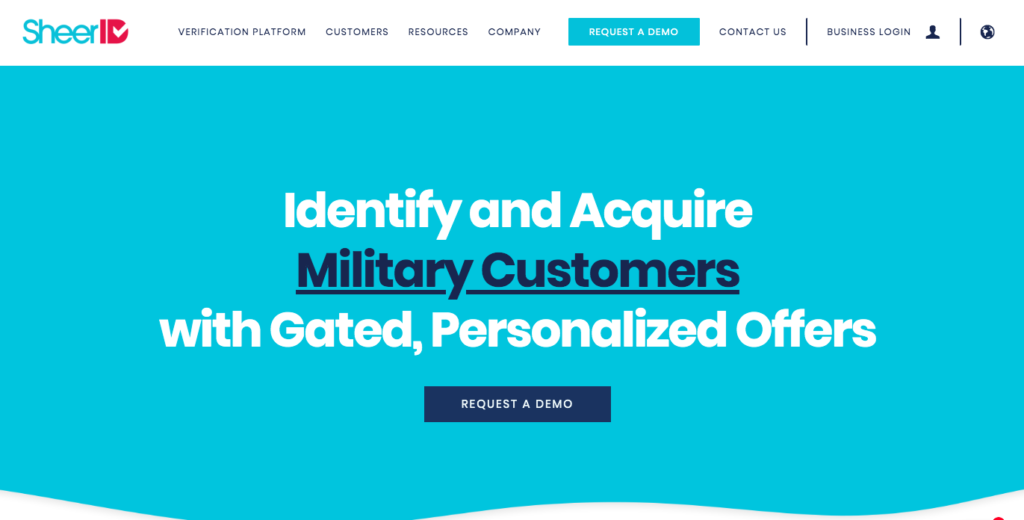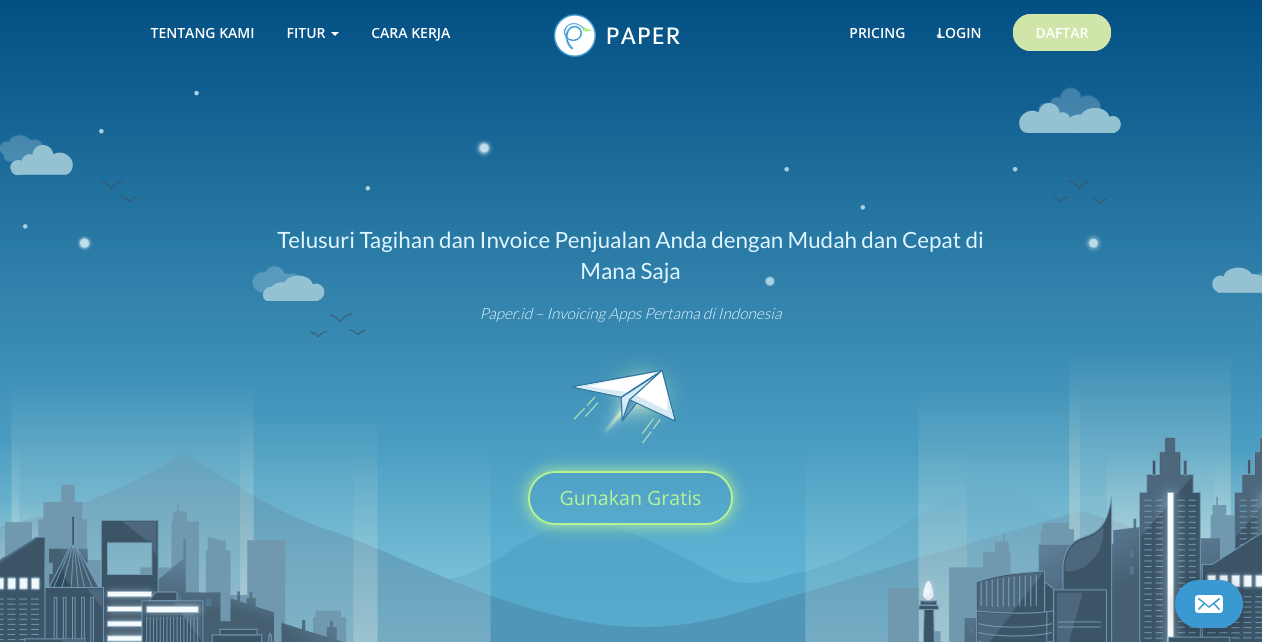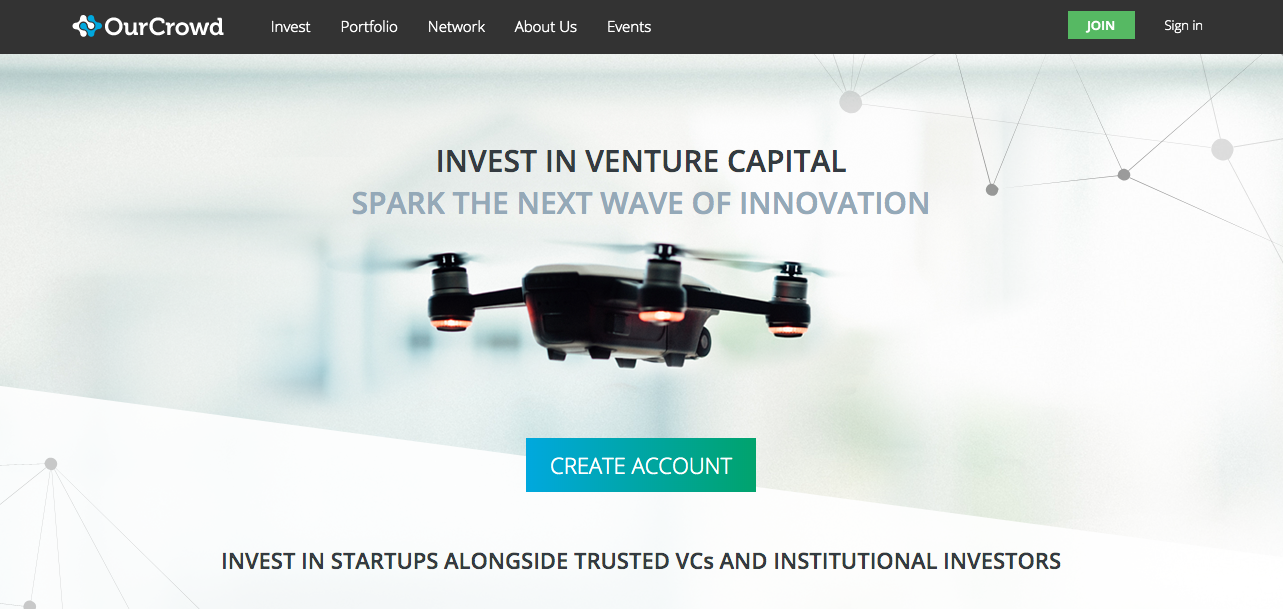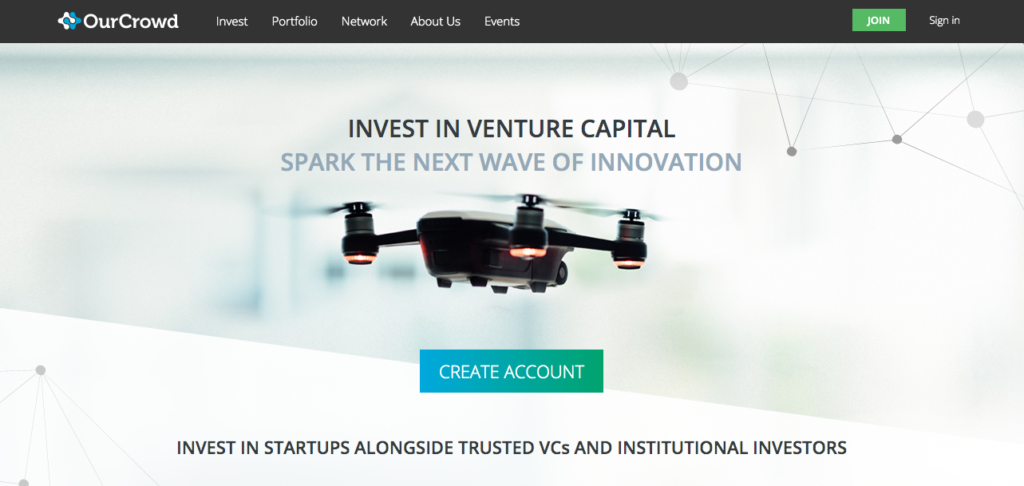
Growth, growth, and more growth is the goal of FintechOS as the company announces receiving a new investment of $14 million (€12.7 million). The open source, digital banking solution provider, which made its Finovate debut last year at FinovateEurope, will use the funding to fuel its expansion to both the U.S. and South East Asia, as well as continue its growth in Europe. The capital will also help the company invest further in the development of more pre-built apps and solutions to enable FIs to offer better experiences for their customers.
“Our disruptive approach is customer, not technology driven,” company co-founder and CEO Teodor Blidarus said. “We created FintechOS to transform the financial industry, empowering banks and insurance companies to act and react faster and to create a smarter, slicker customer experience. As a result, hyper-personalized services and elevated customer experiences are now available almost plug and play.”

The Series A round was led by Earlybird’s Digital East Fund and OTB Ventures. Also participating were existing investors Gapminder Ventures and Launchub. The new funding takes FintechOS’s total capital to $16 million.
FintechOS enables banks and insurance companies to offer personalized, data-driven digital solutions to their customers in weeks rather than months or years. Via cloud SaaS or on-premise deployment, FintechOS offers 150+ integrated data sources out of the box and more than 20 automated financial processes to support AI-enabled functions like KYC, Customer 360, pricing, and risk analytics. Firms can also use FintechOS to access a marketplace of 50+ open source, prebuilt apps for key processes ranging from client onboarding and lending to pensions and wealth management.
“FintechOS’s technology is transformational in its ability to provide true end-to-end digital automation for all services and products that banks and insurance companies offer,” OTB Ventures General Partner Adam Niewinski said. “This new technology is inexpensive and versatile, ultimately enabling massive cost savings and growth stimulators for financial institutions.”
With clients in more than 20 countries and three continents, FinechOS was founded in 2017 and has offices in London, Amsterdam, Vienna, Copenhagen, and Bucharest. The company reported annual recurring revenue growth of 4.5x this year.

